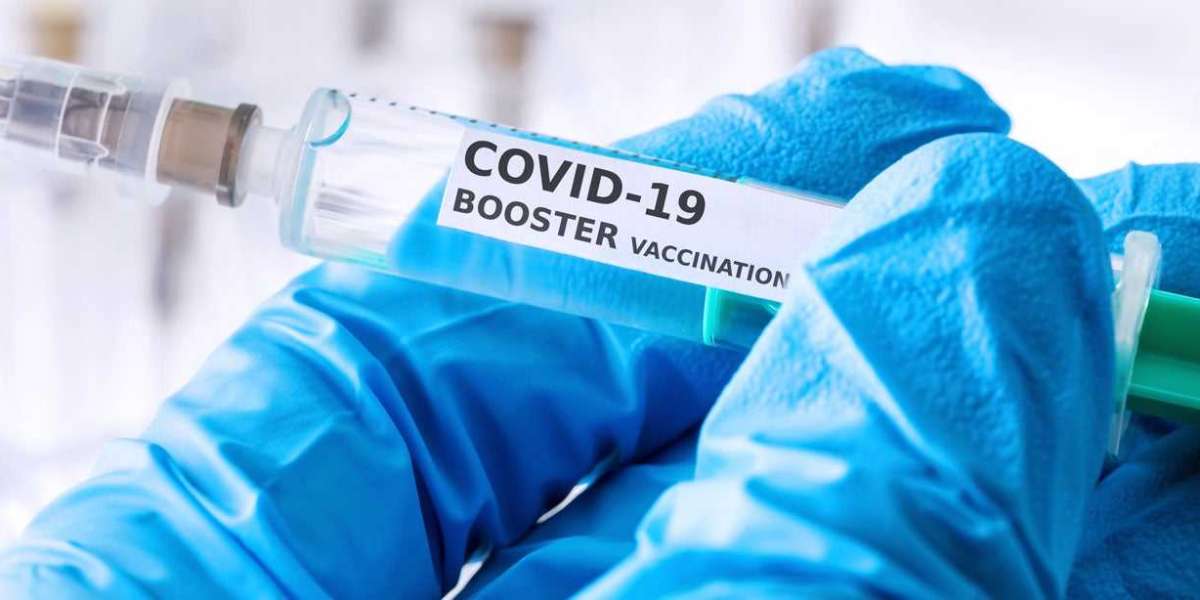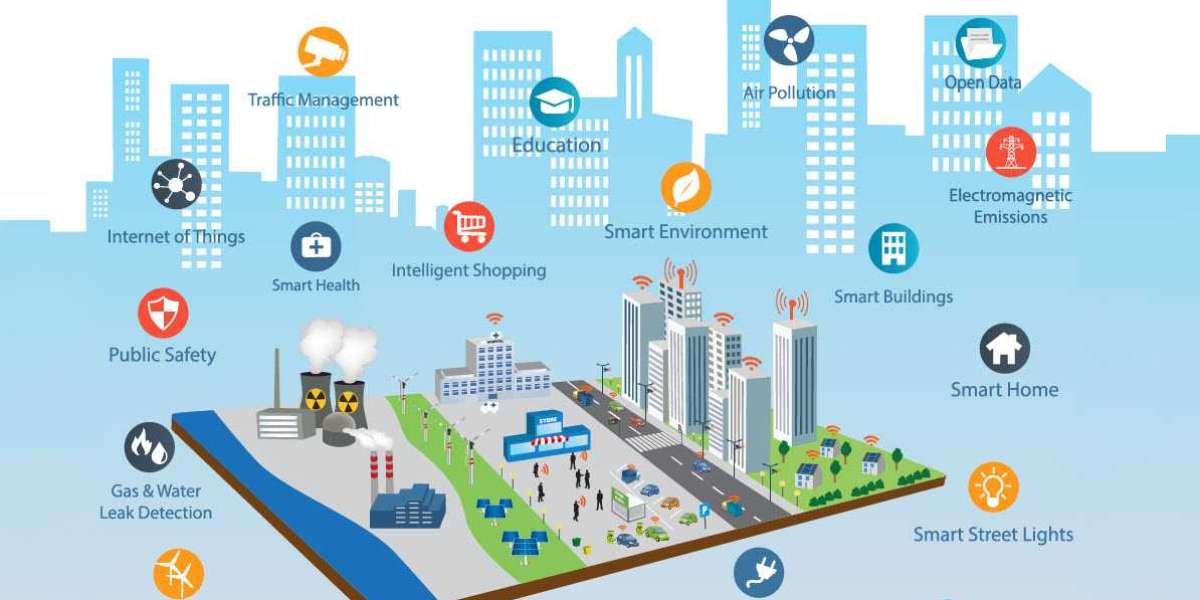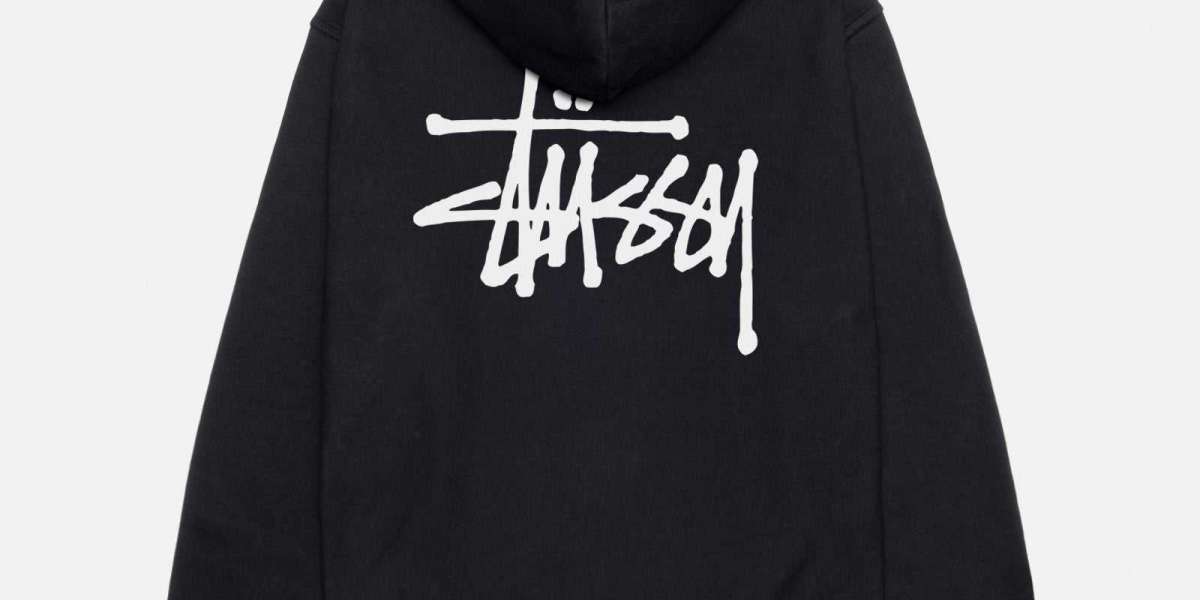Several events, including the development and introduction of COVID-19 vaccines, have made the past 18 months historic in a variety of ways. It is important to note that older adults and people from a variety of different backgrounds have been taken into consideration at every stage of the research and development process. The following are some frequently asked questions and their answers regarding the COVID-19 vaccines.
What COVID-19 vaccines are currently available on the market and why?
The United States Food and Drug Administration (FDA) approved two COVID-19 vaccines for emergency use in December 2020, and the FDA approved Johnson Johnson's (JJ) vaccine in late February, resulting in the release of 4 million doses of the company's one-shot COVID-19 vaccine. The FDA approved the Pfizer/BioNTech vaccine in August, and it is expected that the vaccines manufactured by Moderna and Johnson Johnson will be approved by the FDA in the near future. COVID-19 booster shots for the Pfizer/BioNTech vaccine have been approved for use only in certain populations, including those 65 years of age and older, and are not recommended for the general public. It has been authorized to use vaccines manufactured by Pfizer/BioNTech and Moderna for those who are immunocompromised.
The two-dose vaccines developed by Pfizer/BioNTech and Moderna were found to be effective in preventing illness in 94-95 percent of the large-scale clinical trials that were conducted. These are remarkable results that are far superior to what was expected. It was found that the vaccine was approximately 77% effective in preventing severe/critical COVID-19 occurring at least 14 days after vaccination, 85% effective in preventing severe/critical COVID-19 occurring at least 14 days after vaccination, and showed significant protection against COVID-19-related hospitalization and death in JJ's clinical trials.
Pfizer/two-dose BioNTech's vaccine and Moderna's two-dose vaccine, according to experts, are not comparable in terms of effectiveness because the clinical trials were conducted differently and at different times and locations. Examples include the JJ vaccine, which has been studied in places such as South Africa and South America, where virus variants have been discovered to date. The vaccine developed by JJ has proven to be effective against strains from these locations. Good news is that we can be confident that all three vaccines are safe and effective, and experts are still evaluating how long the protection will last after being administered.
What are the similarities and differences between the vaccines?
Our cells are given instructions on how to make a harmless protein that is specific to the coronavirus by the two-dose vaccines developed by Pfizer/BioNTech and Moderna, which are based on novel mRNA vaccine technology. Our cells produce copies of that protein, which our bodies recognize as foreign and as a result, activate our immune system. If we become infected with the virus that causes COVID-19, this immunity will fight the virus that causes COVID-19. Although this vaccine technology is new, it has been rigorously studied for decades, and the results of the research have been used to accelerate the development of vaccines. The Johnson Johnson vaccine takes a different approach, known as viral vector, in which a harmless virus is used to instruct human cells to produce the spike protein, which in turn triggers an immune response in the recipient. JJ previously used this approach to develop their Ebola vaccine, which was successful.
There are no live viruses in any of the three vaccines.
In contrast to JJ's vaccine, which requires only one shot or dose, Pfizer/and BioNTech's Moderna's vaccines each require two shots. It is possible that JJ's one-shot vaccine will alleviate the burden of scheduling two doses, making it an excellent option for older adults who wish to remain at home or shelter in place while the pandemic plays out.
One distinction is that the Pfizer/BioNtech vaccine requires extremely low temperatures of -94 degrees Fahrenheit in order to work. Moderna's vaccine must be kept frozen at regular freezer temperatures in order to be effective. If you live in a rural area, the Moderna vaccine may be the only option available in your area. According to NBC, because JJ's vaccine does not require strict cold storage temperatures, it is easier to transport and distribute. It is also likely to be a more "practical option for mobile or drive-thru vaccination sites."
What is the reason for the need for two shots for the Moderna and Pfizer/BioNtech vaccines?
The first dose prepares your immune system to respond to the second dose. Within a couple of weeks, it begins to provide some protection against the coronavirus. Taking the second dose ensures the best possible protection against the virus. The vaccines were approved by the FDA based on a two-dose administration schedule. The administration of COVID booster shots to certain high-risk groups was authorized last September.
It is necessary to administer the second dose of Pfizer's vaccine 21 days after the first shot, and the second dose of Moderna's vaccine must be administered 28 days after the first shot. Get your second shot in as close to the recommended time as you possibly can, if possible.
Because the two vaccines are not interchangeable, you must keep track of which one was administered first. In order to serve as a reminder, vaccination sites are handing out cards. As soon as you receive your first dose, you should schedule an appointment to receive your second dose. Please remember to bring your card with you when you receive your second injection.
JJ is also experimenting with a two-dose regimen in which the shots are administered eight weeks apart. The results of this large-scale clinical trial are expected to be available by the end of May. Additionally, Johnson Johnson is investigating antibody responses when a booster shot is administered a long time after the initial dose.
Are the COVID-19 vaccines safe, and are there any side effects from receiving them?
Regardless of which vaccine you receive, all of them have been evaluated using the same process as all other vaccines approved by the Food and Drug Administration. Companies that manufacture pharmaceuticals were required to submit extensive safety data from clinical trials involving tens of thousands of people.
Side effects are common indications that our bodies are preparing to defend themselves. These symptoms may impair your ability to carry out your daily activities, but they should subside within a few days. Pain and swelling at the injection site or in the upper arm have been reported as common side effects so far. Muscle aches and weakness, fever, chills, exhaustion, and a headache are all possible side effects.
It is required that you wait at least 15-30 minutes after receiving your vaccine to check for an allergic reaction, which is rare but may occur in some people, particularly those who have a history of anaphylaxis. If you fall into this category, you should consult your doctor about getting the vaccine.
Will I be required to get a vaccine every year?
It is still unclear how long the vaccines will provide protection and whether they will need to be administered on an annual basis, as is the case with the flu vaccine. These questions are particularly important for older adults because, as we grow older, our immune systems become more vulnerable. Experts are currently investigating the long-term effects of the vaccine. The Food and Drug Administration (FDA) approved booster shots for people who are immunocompromised or who have other conditions that weaken the immune system in August. On this page, you will find additional information about booster shots.
How much will the vaccines set you back?
People with Medicare, Medicaid, private insurance, and those who do not have insurance are eligible to receive the COVID-19 vaccine at no cost, thanks to a grant from the federal government. Bring your Medicare or other insurance card with you when you get vaccinated so that the vaccine provider can bill your insurance company for the cost of the vaccination.
Keep an eye out for scams! The following information has been made available by the federal government:
During this public health emergency, it is likely that you will not be required to pay anything out of pocket in order to receive the vaccine.
You will not be able to pay to have your name placed on a waiting list to receive the vaccine.
You will not be able to pay to obtain early access to the vaccine.
You will not be approached door-to-door to request that you receive the vaccine.
No one from Medicare or the Department of Health and Human Services will contact you.
In order to sign up for the vaccine, no one from a vaccine distribution site or health care payer (such as a private insurance company) will call you and ask for information such as your Medicare number, Social Security number, credit card or bank account information.
Can you tell me where I can get the vaccine?
Since the middle of December, vaccines have been distributed throughout the United States. The implementation of the program is generally the responsibility of state and local health departments. More information can be found at:
Begin by contacting your local health department. Vaccine clinics, including drive-through locations, are being established in a growing number of communities. It is possible that you will be required to register online and schedule an appointment. A number of communities are also utilizing mobile units to deliver the vaccine to those who are difficult to reach.
Inquire with your local pharmacist about the dates and times when they will be providing shots. Some pharmacies have already begun operations. Due to high demand, you may be required to schedule a time. Your pharmacist can also provide you with answers to your questions.
Consult with your doctor or hospital first, as they will be receiving the vaccine to administer as well. Your doctor should be aware of any vaccine distribution sites in your area. If you receive care from a health clinic or home health agency, make sure you are up to date on the latest information.
Contact your local Area Agency on Aging or senior center for more information. Contact Eldercare Locator for assistance in locating yours (1-800-677-1116).
If you require assistance in obtaining the vaccine, please seek assistance from family, friends, or neighbors as soon as possible.
Is it still necessary for me to wear a mask and take other precautions after I've received my vaccination?
However, even though vaccines, including the Delta variant, are extremely effective at reducing illness, hospitalization, and death, vaccinated individuals can be asymptomatic carriers, unknowingly infecting others, particularly those who are not vaccinated. This is especially true for those who are not vaccinated.
That is why it is critical to continue to adhere to the extremely important safety precautions issued by the Centers for Disease Control and Prevention (CDC), states, and localities:
Wear a face mask at all times when you are out in public or when you are around people who are not members of your family.
Keep a distance of 6 feet between you and people who are not members of your household.
Hands should be washed frequently.
Stay away from large groups of people.
The bottom line is this...
It is one of the most important steps you can take to protect yourself, your family, and your community from COVID-19. Getting vaccinated is the first step. Many older adults, as well as those with chronic conditions such as heart disease and diabetes, can benefit from the vaccine, which can prevent severe illness or death caused by the coronavirus, including the highly contagious and infectious Delta strain. For the time being, you won't have much of a choice when it comes to vaccines. It is critical that you receive the first vaccination that is offered to you. Doctors may be able to recommend different types of vaccines for different populations, including older adults, as vaccine supplies increase and more options become available in the coming months and years, as vaccine supplies increase and more options become available.
Normalcy is something we all want as soon as possible, and vaccination will help us achieve that.



